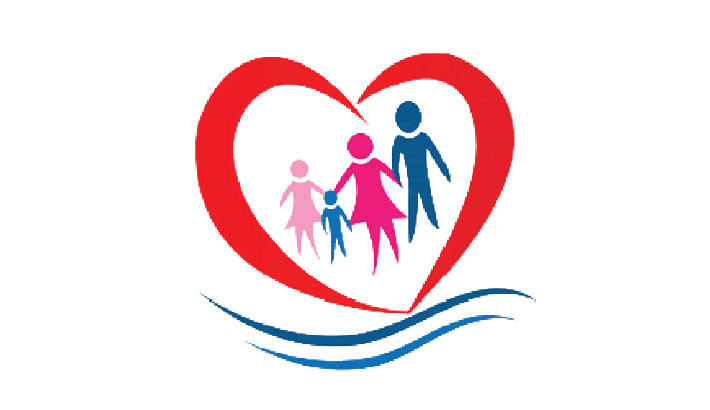FAMILY PLANNING STRATEGY
$1 on family planning to save Bangladesh $14: UNFPA
♦ $1 = $14 savings in health & social costs ♦ 30% maternal deaths preventable ♦ 5m women still lack access ♦ Modern contraception use: 8% to 64% ♦ Linked to SDGs & Family Planning 2030
Daily Sun Report, Dhaka
Published: 29 Oct 2025

For every $1 invested in family planning, Bangladesh can save $14 in health and social costs, prevent 30% of maternal deaths, and reduce two-thirds of unintended pregnancies, according to the United Nations Population Fund (UNFPA).
The government on Tuesday launched the National Family Planning Strategy 2025–2030 in Dhaka, with technical support from UNFPA. The new strategy aims to advance sexual and reproductive health and empower women and youth across the country.
Bangladesh has achieved remarkable progress in family planning over the past five decades, with the use of modern contraception methods rising from 8% in the 1970s to 64% on Tuesday.
However, the progress has recently slowed, leaving about five million women with an unmet need for contraception.
The new five-year strategy seeks to address key challenges, including high unmet needs among adolescents, early motherhood due to child marriage, overreliance on short-acting contraceptives, low uptake of long-acting methods, and regional disparities in service delivery.
Marking a shift from population control to a rights-based approach, the strategy emphasises choice, empowerment, and inclusion. It also aligns with global commitments such as the Sustainable Development Goals (SDGs) and Family Planning 2030, focusing on achieving zero unmet need for family planning, zero preventable maternal deaths, and zero gender-based violence and harmful practices, including child marriage.
Speaking as the chief guest, Prof Md Sayedur Rahman, special assistant to the chief adviser, stressed the importance of ensuring effective implementation of the strategy at the local level.
He also called for evidence-based planning and regular surveys to monitor progress and guide interventions.
“Family planning is not just a health intervention; it gives women and couples the power to decide if and when to have children, breaking the cycle of poverty and opening doors to education, employment, and dignity,” said Catherine Breen Kamkong, UNFPA Representative in Bangladesh.
Representatives from key ministries, UN agencies, development partners, NGOs, and academia also participated in the launch, reaffirming their commitment to advancing reproductive rights and sustainable development in Bangladesh.

